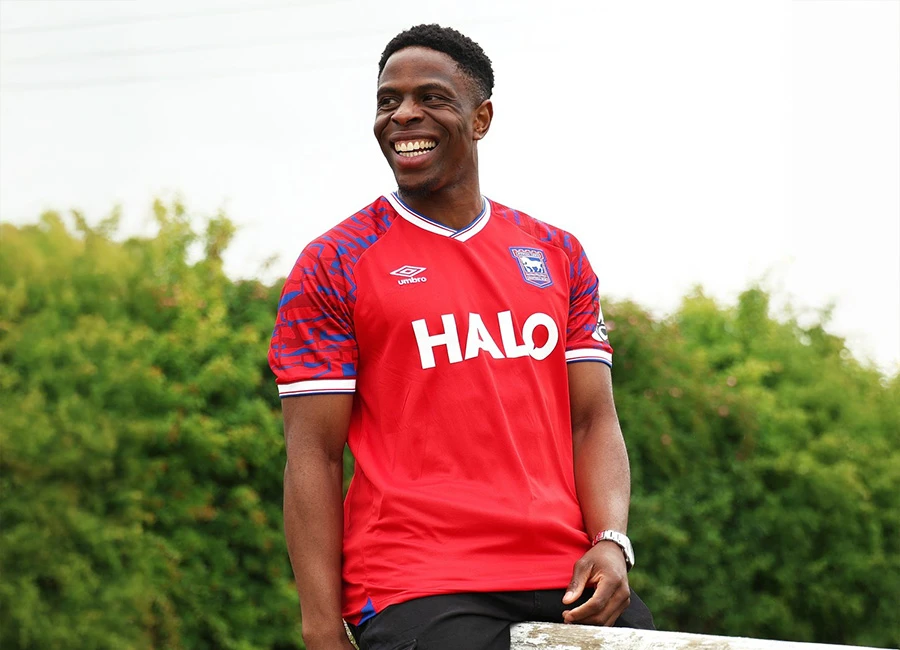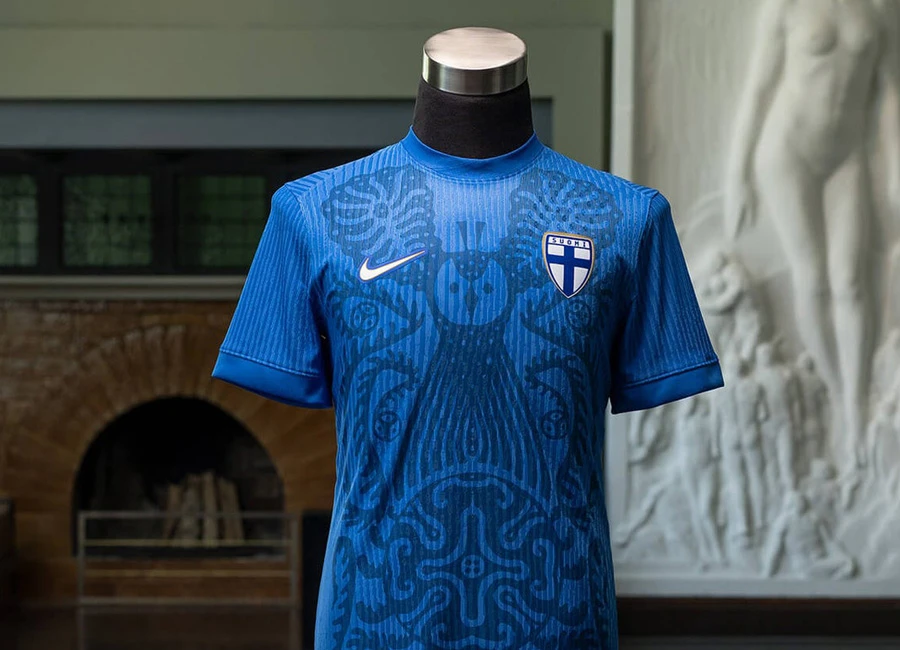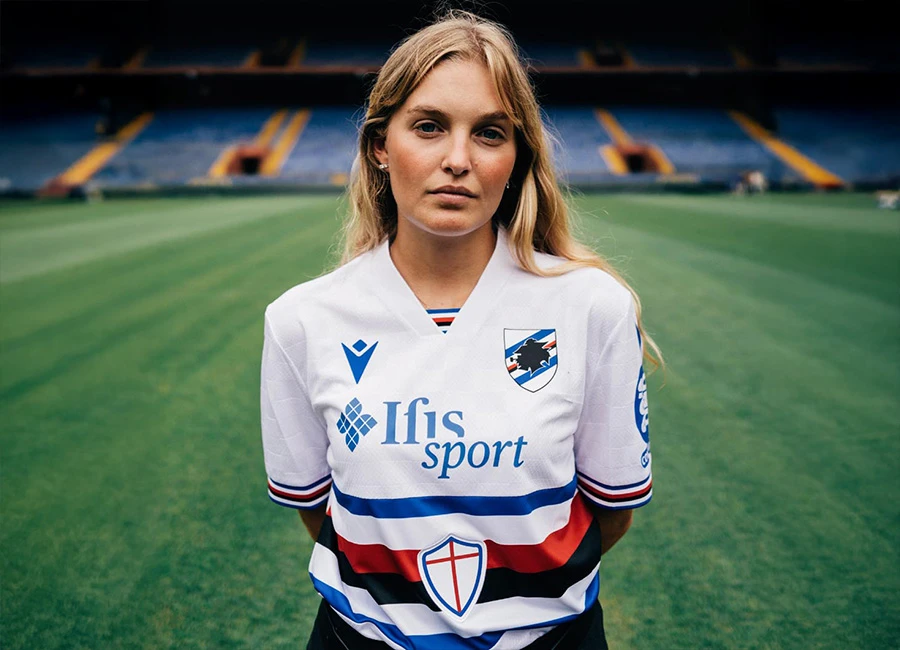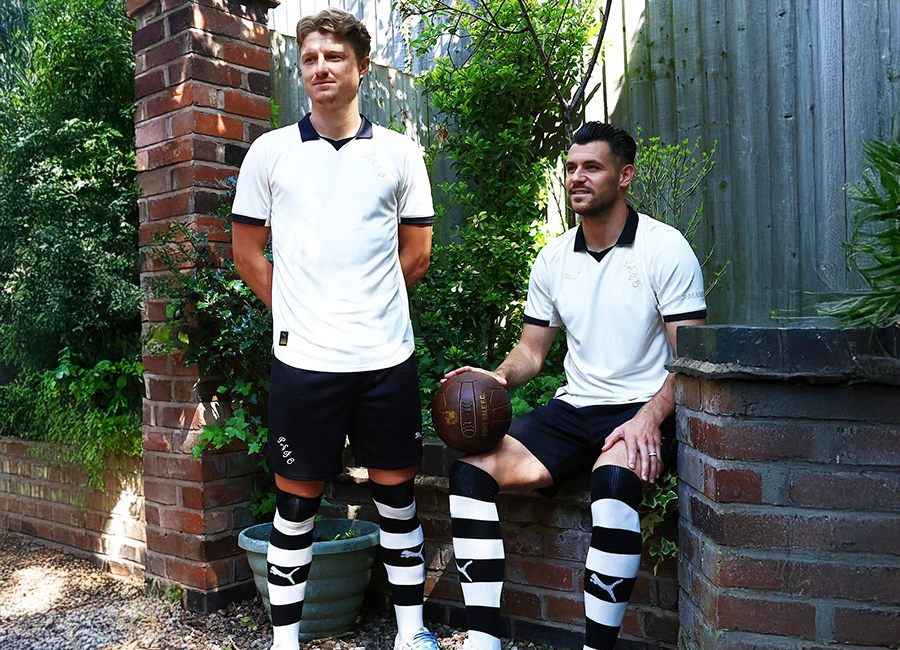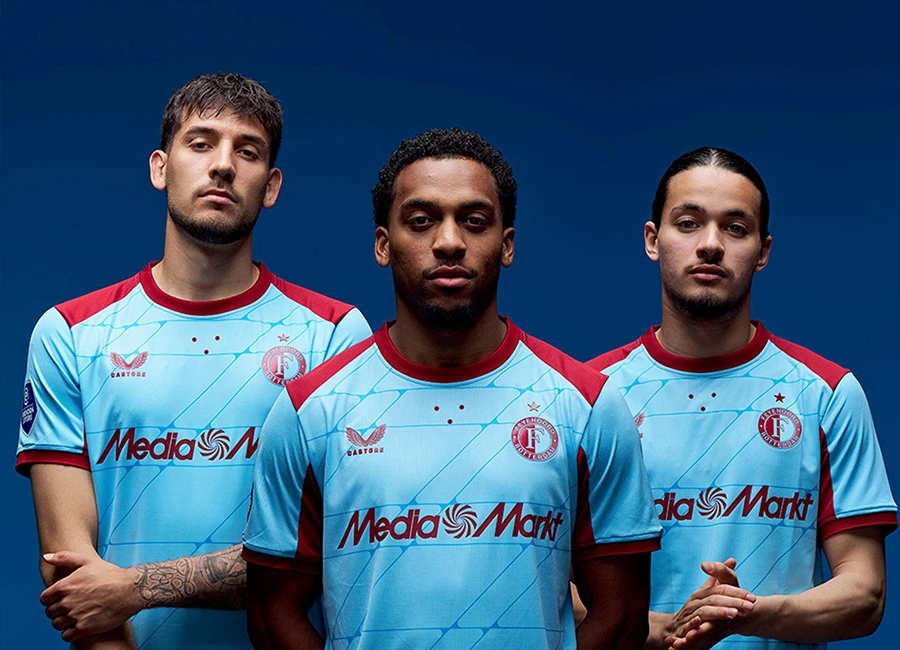During the 20th century, the imperialists drew lines on the map by which they sought to divide up the world in terms of influence.
The time of imperialism is gone, but another group of leaders is looking at the map and contemplating domination: the multinational corporations.
In the realm of sports, Nike and Adidas are the two dominant players, and they are betting their future on winning the contract for sponsorship of the Korea National Football Team.
For the upcoming contract period, which starts from January 2008, the race is expected to become even more intense, as a third contender, Puma, has jumped into the race. In a competition where the contenders show no reservations regarding either their pride or flexing their financial might, who will laugh last?
Why the Korean National Football Team?
Since 1996, Nike has been the sponsor of the Korea National Football Team. Nike is known to have been very generous with their sponsorship, giving the team about 50 billion won (US$53 million) - 33 billion won in supplies and 17 billion in cash - between 2003 and 2007 alone. Kyung Uk-ho, the managing director of Nike Sports Korea, emphasizes that his company still wishes to support the National Team. Nike¡¯s resolution to keep their existing relationship with the National Team comes as no surprise when one considers that Nike's main rival, Adidas, was last year awarded with sponsorship contracts from the national football teams of Japan and China. Adidas also snatched the Mexican National Team from Nike last year, and it has been candid about its ambitions to fortify its position in Northeast Asia by maintaining its sponsorship of the Chinese and Japanese teams while adding the Korean to their territory. It falls behind Nike as far as sales in the worldwide sporting goods market, but its pride will not allow Adidas to be surpassed by its main rival in terms of football sponsorships. Koreans in recent years have shown especially high interest in their national team¡¯s matches, and the country's purchasing power is one of the highest worldwide. Who would not be attracted to such a market?
An unanticipated contender in this race is Puma, who sponsored 12 out of 32 national teams in the 2006 FIFA World Cup in Germany. Kim Dong-uk, the sports marketing manager of Puma Korea, said, "We have enough cash at the corporate headquarters in Germany, and are actively pursuing the sponsorship opportunity with Korean National Football Team." Puma has been sponsoring national teams mainly from Africa, and its presence in Asia was heavily tilted toward Arab countries, including Saudi Arabia and Iran. Observers say Puma wants to expand its sponsorship to Korea's team in order to balance its portfolio.The Nike variable in Germany
In terms of contract acquisition, Nike has the competitive edge, say industry experts, who point to its approach to the European market, starting with Germany. Nike was recently reported to propose to DFB, Germany's football association, that it would pay 500 million Euros (US$670 million) for an eight-year sponsorship.
Adidas, Germany's current sponsor, was not pleased with Nike's offer. It claimed that it has negotiated the sponsorship with DFB last year, and the sponsorship is good until 2014. However, DFB is obviously sending an invitation to Nike by responding to Adidas by saying the sponsorship contract is until 2011. Adidas does hold the first right, and there still is a room for negotiation.
Adidas is known to have signed a sponsorship deal with the Japan Football Association for an eight-year period at 15 billion Yen (US$128 million). A cutthroat competition between the two rivals is thus predicted in the Korean market.
A relaxed Korea Football League
The current sponsorship agreement gives Nike first negotiation rights in renegotiations set to start in October, three months from the current contract expiration date. Nike's advantage is that it readily consented to sponsor the National Team when the Korea Football League (KFL) was facing difficult times, and has been sponsoring Korea¡¯s ever since.
But Adidas is willing to engage in an all-out war to wrest control from Nike, market observers say. Adidas marketing managers are showing up the KFL's offices almost daily in an attempt to grab onto any lead that could let them inside Korea, sources said.
Puma's claim in this race is that it has been a long-time supporter of Korean women's football and college football, which had been generally neglected by almost all sponsors.
As more and more contenders are jumping into the race for sponsorship of Korea's team, the more smug the KFL has become about the selection process. Kim Jin-hang, the business division manager of the KFL, said that "whoever is ready to invest more in the future of Korean football will be selected as the sponsor. The door is open."





